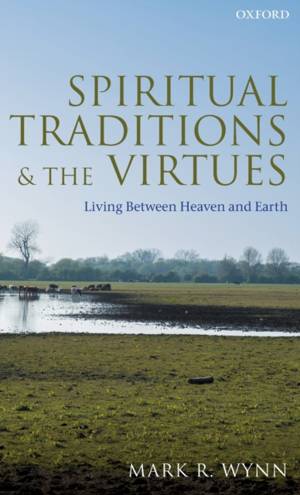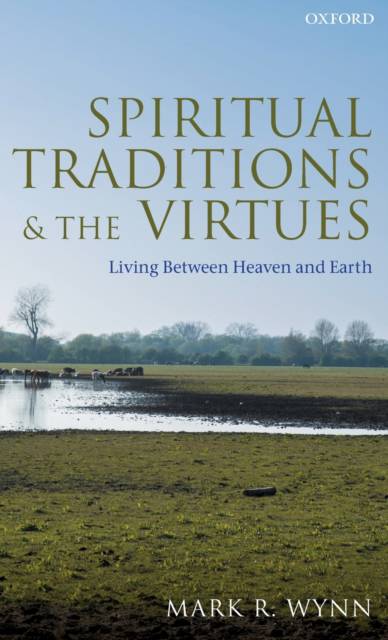
Bedankt voor het vertrouwen het afgelopen jaar! Om jou te bedanken bieden we GRATIS verzending (in België) aan op alles gedurende de hele maand januari.
- Afhalen na 1 uur in een winkel met voorraad
- In januari gratis thuislevering in België
- Ruim aanbod met 7 miljoen producten
Bedankt voor het vertrouwen het afgelopen jaar! Om jou te bedanken bieden we GRATIS verzending (in België) aan op alles gedurende de hele maand januari.
- Afhalen na 1 uur in een winkel met voorraad
- In januari gratis thuislevering in België
- Ruim aanbod met 7 miljoen producten
Zoeken
€ 169,45
+ 338 punten
Omschrijving
Spiritual Traditions and the Virtues develops a philosophical appreciation of the spiritual life. The book shows how a certain conception of spiritual good, one that is rooted in Thomas Aquinas's account of infused moral virtue, can generate a distinctive vision of human life and the possibilities for spiritual fulfilment. Wynn examines the character of the goods to which spiritual traditions are directed; the structure of such traditions, including the connection between their practical and creedal commitments; the relationship between the various vocabularies that are used to describe, from the insider's perspective, progress in the spiritual life; the significance of tradition as an epistemic category; and the question of what it takes for a spiritual tradition to be handed on from one person to another. In his account of the virtues, Aquinas shows how our relations to the everyday world can be folded into our relationship to the divine or sacred reality otherwise conceived. In this sense, he offers a vision of how it is possible to live between heaven and earth. Spiritual Traditions and the Virtues considers how that vision can be extended across the central domains of human thought and experience, and how it can deepen and diversify our understanding of what it is for a human life to be lived well.
Specificaties
Betrokkenen
- Auteur(s):
- Uitgeverij:
Inhoud
- Aantal bladzijden:
- 268
- Taal:
- Engels
Eigenschappen
- Productcode (EAN):
- 9780198862949
- Verschijningsdatum:
- 25/08/2020
- Uitvoering:
- Hardcover
- Formaat:
- Genaaid
- Afmetingen:
- 137 mm x 218 mm
- Gewicht:
- 476 g

Alleen bij Standaard Boekhandel
+ 338 punten op je klantenkaart van Standaard Boekhandel
Beoordelingen
We publiceren alleen reviews die voldoen aan de voorwaarden voor reviews. Bekijk onze voorwaarden voor reviews.









